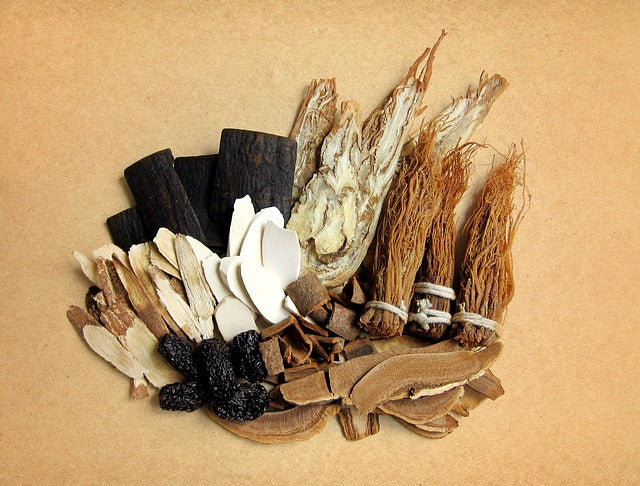Many Eastern cultures practice preventative health from a young age with non invasive, holistic measures, such as acupressure, acupuncture, and herbal medicines. In some area of the East, health insurance companies may only collect the monthly premium when the patient is healthy. When the patient becomes ill, it is believed that the physician is not doing their job, and thus, not paid. Unlike traditional Western medical practices, Eastern medicine, such as acupuncture, views the body as a whole in health, wellness, and healing and focuses on life force energy rather than an acute illness/injury remedy as we do here.
Despite the advances of technology, people tend to go back to the practices of their ancestors. One practice that has found worldwide recognition is the acupuncture. In this article, we will explore the benefits of acupuncture for the mind, body, and soul and what you can expect to experience.

What is acupuncture?
Acupuncture is a practice that involves the use of fine, single-use, sterile needles. They are inserted into the body to stimulate specific anatomic sites called acupuncture points or acupoints.
Thousands of years ago, acupuncture was based on the ancient Chinese philosophy that the universe and the human body consists of two opposing forces called Yin and Yang. At the balanced state of these two forces, the body is healthy, and the body gets sick when there is a blockage or obstacle in the flow of energy throughout the body. Acupuncture can release the blocked energy in the body and stimulate function and promoting your body’s natural defense system.

Benefits from Acupuncture
As stated earlier, acupuncture therapy promotes the body’s natural healing process and as well as optimal functioning. It has various effects on different body systems, such as the nervous, endocrine, immune, cardiovascular, musculoskeletal, and digestive system. It can reduce pain or induce anesthesia. Other benefits also include an improved sleep, a well-functioning digestion, and sense of well-being. This therapy is safe and has few side effects. It is also an effective alternative for those who do not respond to traditional Western therapies and drugs.
Conditions which show that acupuncture treatment is effective includes: Allergic rhinitis (including Hay Fever), Biliary Colic, Depression (including depressive neurosis and depression following stroke), Dysentery, Dysmenorrhea, facial pain and numbness (including craniomandibular disorders), knee pain, low back pain, neck pain, postoperative pain, headache, hypertension, low white blood cell count, correction of a mispositioned fetus, morning sickness, nausea and vomiting, periarteritis of shoulder, renal colic, rheumatoid arthritis, sciatica, sprain, stroke, and also tennis elbow. As you can see, acupuncture treats a wide variety of ailments and can even be used to assist treatment of certain addictions or as a part of a preventative wellness program.

When Would You Feel the Effects
Acupuncture therapy, involves a series of treatments either weekly or fortnightly, however, each practitioner may have their own recommendation for the duration and frequency of treatment. At initial visit, the acupuncturist will perform an examination of the patient, insertion of needles (completely painless), and advice on self-care. You will also discuss the expected number of your individualized treatments. One entire session would usually last for 30 minutes. The frequency, as well as, the number of treatments, would vary from person to person. There are people who experience relief upon the first treatment. Whereas chronic conditions can take one or two treatments per week for several months to show improvement. For acute conditions, you might need fewer visits, which can be 8 to 20 visits in total.


